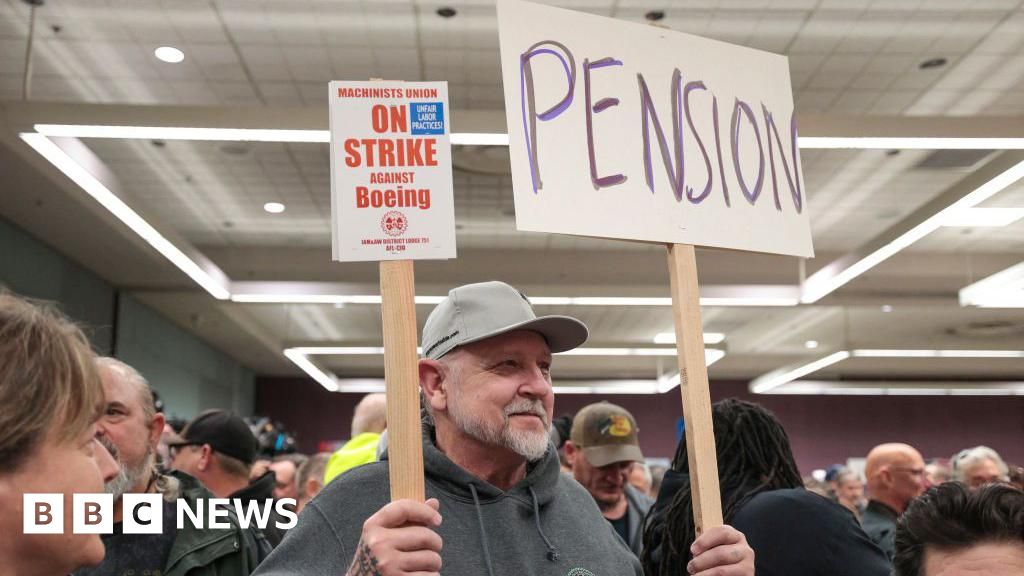Managing your business in the UK comes with a wide array of responsibilities, and one of the most important tasks is staying on top of your corporation tax obligations. The process can seem daunting, but with proper preparation and an understanding of the deadlines, you can ensure that your business remains compliant and avoids any unnecessary penalties. This guide will provide a step-by-step approach to help you prepare for corporation tax deadlines and streamline your business processes.
Understanding Corporation Tax
Corporation tax is a mandatory tax that UK-based companies and organisations must pay on their profits. All limited companies, as well as some clubs, societies, and associations, are required to pay this tax. The current corporation tax rate is set by the UK government and can vary from year to year, so it’s essential to stay updated on any changes.
Corporation tax differs from personal taxes in that it applies only to profits generated by the business and is calculated based on the company’s annual financial performance. To remain compliant, you must report your company’s profits, file a tax return, and pay any taxes owed by the set deadline.
Know Your Deadlines
The first step to preparing for corporation tax is understanding when your deadlines fall. In the UK, your company’s corporation tax return (also known as a CT600 form) is due 12 months after the end of your accounting period. For example, if your company’s financial year ends on 31st March, your tax return will be due by 31st March of the following year.
However, it’s important to note that the payment for corporation tax is due earlier—9 months and 1 day after the end of your accounting period. This means that if your financial year ends on 31st March, the tax payment is due by 1st January the following year.
Missing these deadlines can result in fines, interest charges, or even more severe penalties from HMRC (His Majesty’s Revenue and Customs). Therefore, timely preparation is critical.
Use Corporation Tax Software
Corporation tax software is a valuable tool for businesses to streamline the process of calculating, reporting, and paying corporation tax. Designed to simplify complex tax tasks, it helps companies accurately prepare their tax returns by automating calculations, organising financial data, and ensuring compliance with HMRC regulations.
Using corporation tax software will help you calculate your tax liability. You will need to keep track of your income, expenditure, and purchases of any assets such as computer equipment, furniture, or vehicles. By using this software, businesses can reduce the risk of errors, save time, and ensure timely submission of their tax returns, ultimately enhancing efficiency in tax management.
Step-by-Step Preparation for Corporation Tax Deadlines
1. Keep Accurate Financial Records
To file an accurate corporation tax return, you need to maintain up-to-date and accurate financial records throughout the year. This includes tracking income, expenses, payroll, dividends, and any other financial transactions related to your business.
Consider using accounting software to automate much of the bookkeeping process. Such software can help you organise receipts, invoices, and other documents, making it easier when it’s time to file your corporation tax return.
2. Calculate Your Profits
Corporation tax is charged on the company’s profits, so accurately calculating these is essential. The taxable profit is derived from the revenue your business earns, minus any allowable business expenses and deductions. Common allowable expenses include rent, employee wages, equipment costs, and marketing expenses.
Some businesses may also qualify for reliefs or allowances, such as the Annual Investment Allowance or Research and Development (R&D) tax relief. Make sure you are aware of all deductions available to your business to minimise your corporation tax liability.
3. Review Your Payment Due Date
As mentioned earlier, corporation tax payment is due 9 months and 1 day after the end of your accounting period. This date can differ from your tax return submission deadline, so it’s important to mark this on your calendar.
Ensure that your business has enough cash flow to cover the tax liability on or before the due date. You can arrange payments online, through direct debit, or by Bacs or CHAPS transfer. It’s always a good idea to set reminders or schedule payments in advance to avoid last-minute issues.
4. Submit Your Corporation Tax Return Online
The UK government requires businesses to submit their corporation tax returns online through the HMRC website and activate their corporation tax service. You will need to register for HMRC’s online services if you haven’t done so already. When submitting, ensure that your CT600 form is fully completed, including details of your company’s profits, expenses, and any applicable tax reliefs.
Once submitted, HMRC will review your return, and any discrepancies or mistakes could lead to penalties or delays, so double-check your figures before submission.
What Happens if You Miss a Deadline?
Missing a corporation tax deadline can result in penalties. If you file your tax return late, you could face an automatic fine of £100. Further delays may lead to additional penalties, and HMRC will charge interest on any late payments. In extreme cases, continuous non-compliance could trigger an investigation by HMRC, which may lead to larger fines or legal action.
To avoid such consequences, it’s crucial to plan ahead and ensure that all corporation tax obligations are met on time.
Conclusion
Preparing for corporation tax deadlines doesn’t have to be a stressful process. By staying organised, keeping accurate financial records, and understanding your business’s obligations, you can manage your tax responsibilities with confidence. Making timely preparations will ensure that you remain compliant with HMRC and avoid any costly penalties.





 The Financial Conduct Authority’s
The Financial Conduct Authority’s 






























































































































































You must be logged in to post a comment Login